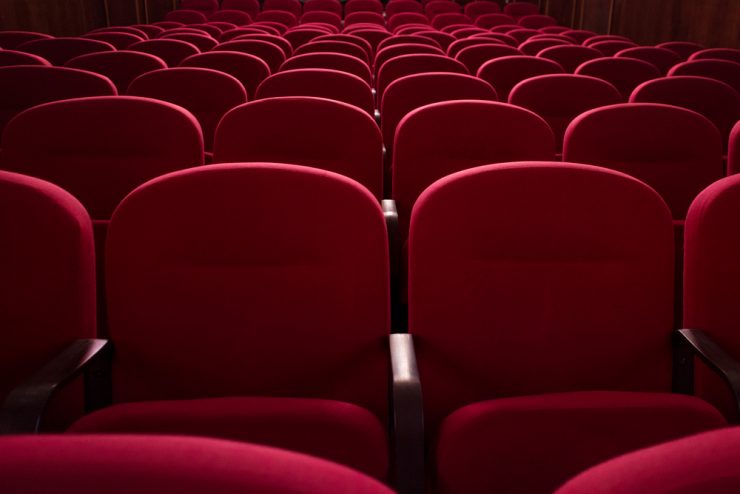At the time of “Bonnie and Clyde’s” release in 1967, audience members must have been completely shocked. Here’s Warren Beatty, one of the most famous heartthrobs in Hollywood, acting in a film that looks like a low-budget B-movie. It tells the story of a gang of bank robbing hillbillies who are brutally gunned down in one of the bloodiest climaxes in film history to date.
Initially, critics and audiences were divided over the film. While it made the top of newcomer Roger Ebert’s list of best films of 1967, critics from the “New York Times” campaigned against the film as the Academy Awards approached. “In the Heat of the Night” walked away with the Best Picture award. While “Bonnie and Clyde” has certainly survived with age, it is easy to understand how a film as incendiary as “In the Heat of the Night” beat it (Sydney Poitier slaps a white man, which was virtually unheard of in film at the time). It’s at least easier to swallow than next year’s Oscars when “Oliver!” won Best Picture, beating out “2001: A Space Odyssey”.
In the film, the characters Bonnie and Clyde pilfer the banks that have seized the homes of poor farmers. Thus they become just as revered as heroes as they are feared as dangerous outlaws. The film itself was just as divisive. However, as time has tested it, even the naysayers have come full circle, agreeing at least that the film has had a huge impact on films of the 1970s.











